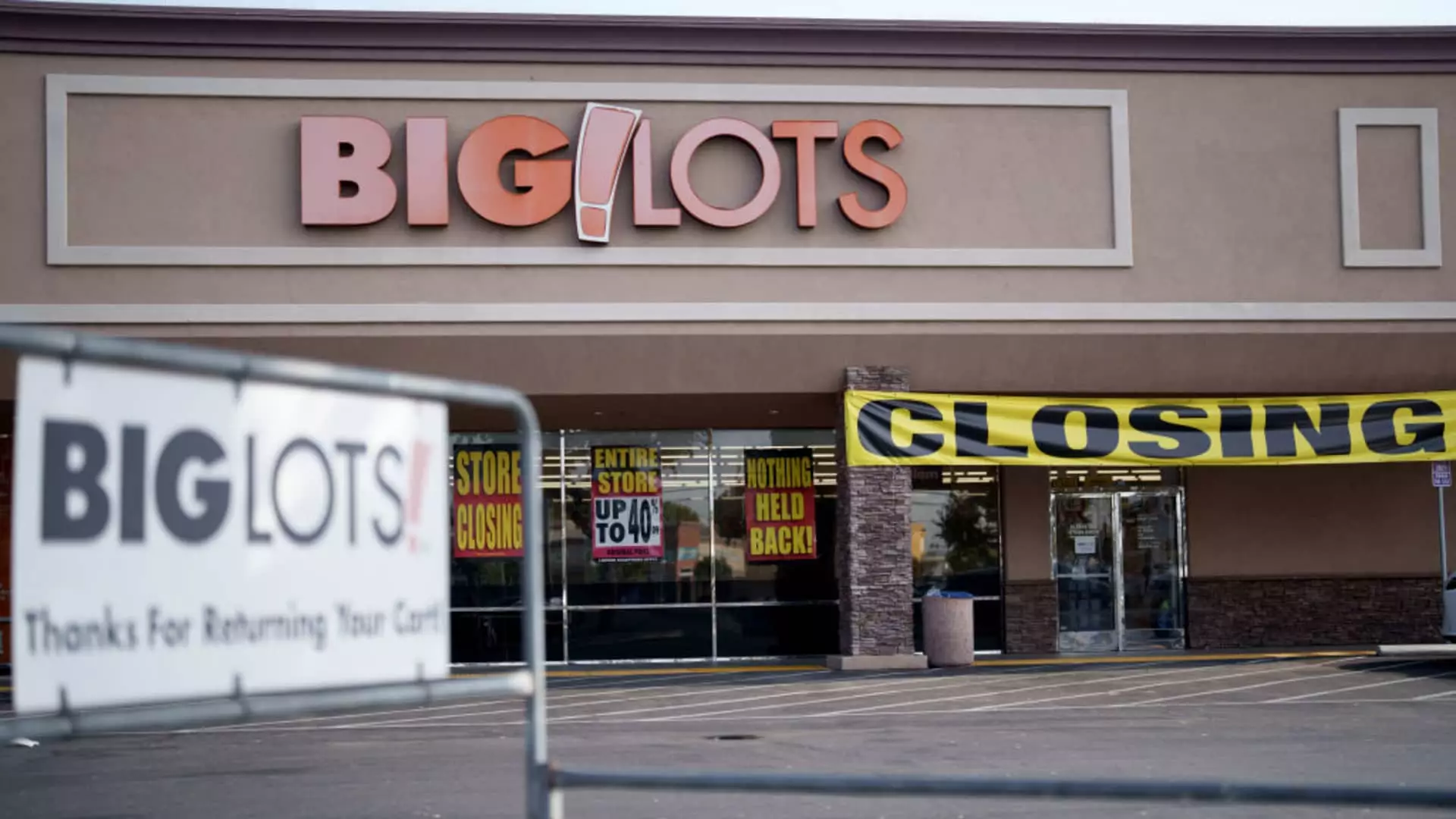Big Lots, a discount home goods retailer, recently announced their bankruptcy filing due to a variety of factors that have significantly impacted their business. The company, known for its low-priced furniture and decor, has faced challenges with high interest rates and a sluggish housing market, leading to a decrease in demand for their offerings. As a result, Big Lots has agreed to sell its business to private equity firm Nexus Capital Management for $760 million, in an attempt to manage its debt and liabilities.
In response to their financial struggles, Big Lots has begun the process of closing nearly 300 stores to address their balance sheet and reduce costs. Despite these closures, the company plans to continue operating its remaining stores normally. CEO Bruce Thorn expressed optimism about the future, stating that the actions being taken will allow Big Lots to move forward with new owners, improve their operational performance, and maintain their position as a leader in extreme value retailing.
Big Lots’ challenges are not only internal but also stem from external market conditions that have impacted consumer behavior. The company primarily caters to lower and middle-income consumers, who have reduced their discretionary spending, particularly on home furnishings and seasonal products. In addition, the company faces stiff competition from other retailers such as Wayfair, Walmart, and TJX Cos.’ Home Goods, who offer similar products at competitive prices.
One of the criticisms leveled against Big Lots is the perceived lack of value for money compared to other retailers. Neil Saunders, managing director of GlobalData, highlighted that while Big Lots offers low-priced items, equivalent products can often be found at other stores for even lower prices. Additionally, the assortment of products at Big Lots is described as jumbled and muddled, leading to a less satisfying shopping experience compared to other discount retailers.
Despite its current challenges, Nexus Capital Management, the prospective buyer of Big Lots, expressed confidence in the company’s future. The managing director, Evan Glucoft, stated that they believe Big Lots’ “greatest days are ahead” and are committed to partnering with the company to restore its position as a leading extreme value retailer in America. However, Big Lots will face a court-supervised auction as part of the bankruptcy process, where a potential higher bidder could acquire the business.
The bankruptcy filing of Big Lots highlights the impact of both internal and external factors on the success of a retail business. While the company faces financial challenges and market competition, there is still potential for a turnaround with the support of Nexus Capital Management. It remains to be seen how Big Lots will navigate these turbulent times and emerge as a stronger player in the discount home goods retail industry.


Leave a Reply